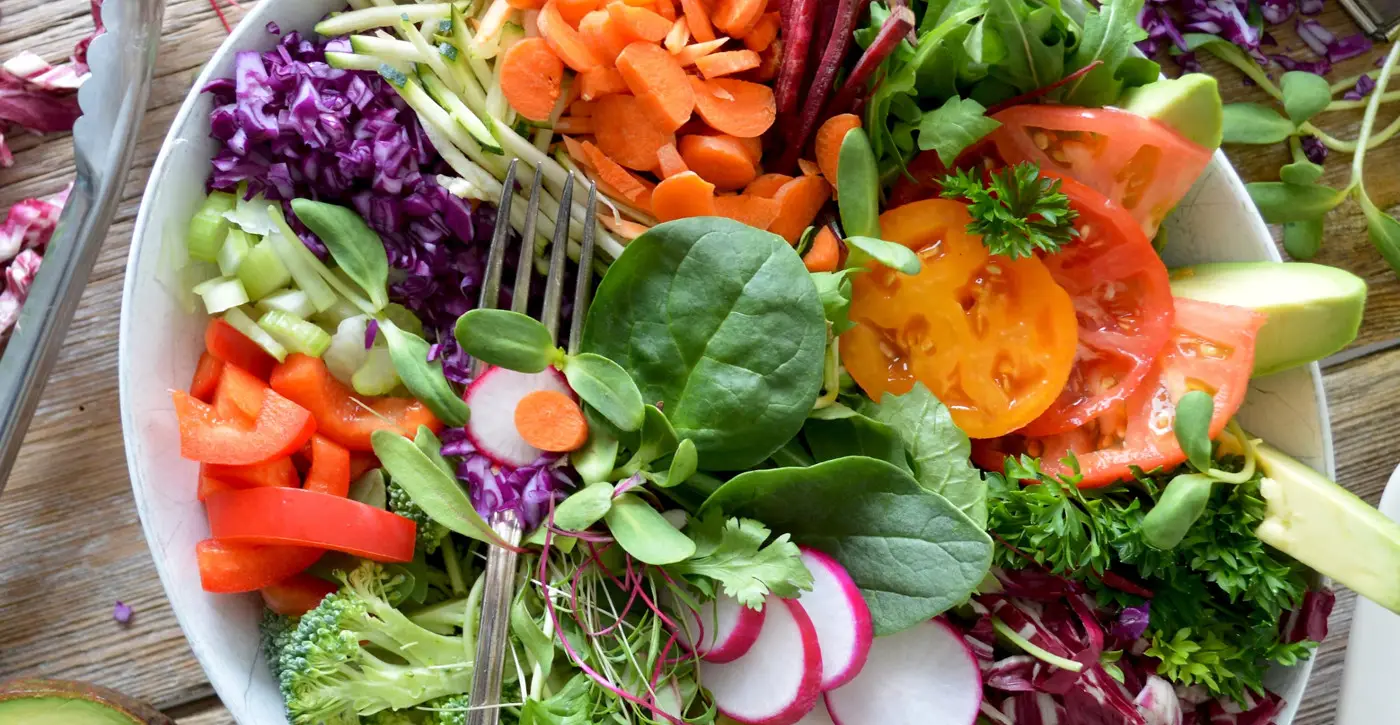Beet Greens Lysine and Arginine Info Sheet
Overview
Beet greens are the edible leaves of the beetroot plant. They have a dark green color and a slightly bitter taste. They can be eaten raw, cooked, or juiced.Beet greens are a good source of vitamin A, vitamin C, vitamin K, folate, and iron.
They are also rich in nitrates, compounds that can lower blood pressure and improve blood flow.
They may also protect against cancer, diabetes, and eye diseases.
| Name | Lysine (mg/100g) | Arginine (mg/100g) | Ratio |
|---|---|---|---|
| Beet Greens | 53mg | 53mg | 1 |
Beet Greens contains 53mg of Lysine and 53mg of Arginine per 100g of product.
This means Beet Greens has a neutral Lysine-Arginine ratio of 1.
Because Beet Greens has a neutral ratio of lysine and arginine, it does not have a significant impact on people who suffer from herpes, as it does not affect the viral activity.
Lysine Considerations
Beet greens are a poor source of lysine, as they have very little protein.
Lysine is crucial for the stability and flexibility of connective tissues, such as cartilage, tendons, and ligaments.
It also helps prevent osteoporosis, herpes, and shingles.
Lysine has the potential to prevent or treat cold sores, which are blisters caused by the HSV-1 virus, also known as herpes.
Lysine operates by inhibitnig the proliferation of HSV-1, which relies on another amino acid, arginine, to reproduce and infect cells.
Lysine can only be acquired through our diet, and is present in many high-protein foods such as eggs, milk, cheese and yogurt, fish, meat and poultry.
Arginine Considerations
Beet greens are also a poor source of arginine, as they have a low protein content.
Arginine is crucial for the production of nitric oxide, a molecule that relaxes and widens blood vessels.
It also helps improve erectile function, wound healing, and immune function.
Arginine has many functions in the body, including wound healing, helping the kidneys remove waste products from the body, and maintaining immune and hormone function.
Arginine also plays a role in the replication of the herpes virus, making it a key factor in cold sore outbreaks.
The herpes virus requires arginine to grow, replicate, and create new herpes viruses.
Foods a decent source of arginine, such as nuts and chocolate, may increase the frequency and severity of these outbreaks.
Lysine-Arginine Ratio
Beet greens have a balanced lysine-arginine ratio, which means they do not affect the balance of these amino acids in the body.
However, since it has a low amount of both amino acids, it may not have a significant impact on health.
Both lysine and arginine play crucial roles in protein synthesis and other metabolic activities.
Interestingly, they have contrasting effects on the herpes simplex virus, which is responsible for cold sores and genital herpes.
Lysine can stunt the virus's ability to replicate, while arginine can promote it.
Consequently, consuming foods with a high lysine to arginine ratio may help decrease the frequency and severity of herpes flare ups.
Foods with a high lysine-arginine ratio include milk and cheese products, fish, poultry, fruits, and vegetables.
These foods can supply the body with sufficient lysine to block the virus's uptake of arginine, thereby preventing its growth and spread.
Dietary Considerations
Most vegetables are somewhat low in in calories and a great source of in vitamins, minerals, and antioxidants.
Many vegetables have more lysine than arginine, such as beets, turnips, tomatoes, soybean sprouts, potatoes, celery, sweet potatoes, squash, and green beans.
These vegetables can help prevent or treat herpes outbreaks, as lysine can suppress the herpes virus.
Other vegetables have more arginine than lysine, such as peas, carrots, broccoli, cauliflower, and mushrooms.
These vegetables can still be consumed in moderation, as they have other health benefits.

For example:
Eating a balanced and nutritious diet that supports your immune system and reduces inflammation.
This means consuming plenty of fruits, vegetables, whole grains, lean protein, and healthy fats, and avoiding processed foods, added sugars, alcohol, and caffeine.
Avoid alcoholic beverages and caffeine which can overstimulate your body, leave you dehydrated, and compromise your immune system.Consider taking l-lysine supplements, which can help prevent herpes outbreaks and stop a cold sore before it emerges by limiting the availability of arginine for the virus, which it requires to produce a cold sore.
Taking other food supplements that can improve your immunity and protect your cells from oxidative stress, such as vitamin C, zinc, selenium, and antioxidants.
Avoiding foods that can cause allergic reactions or sensitivities, such as gluten, dairy, nuts, eggs, or shellfish.
These foods can trigger inflammation and weaken your immune system, making you more susceptible to outbreaks.
Eating foods that can soothe your symptoms and speed up your healing process, such as honey, yogurt, aloe vera, and chamomile.
These foods have anti-inflammatory, antiviral, and antibacterial properties that can reduce pain, swelling, and itching, and promote tissue repair.
Check more food information






